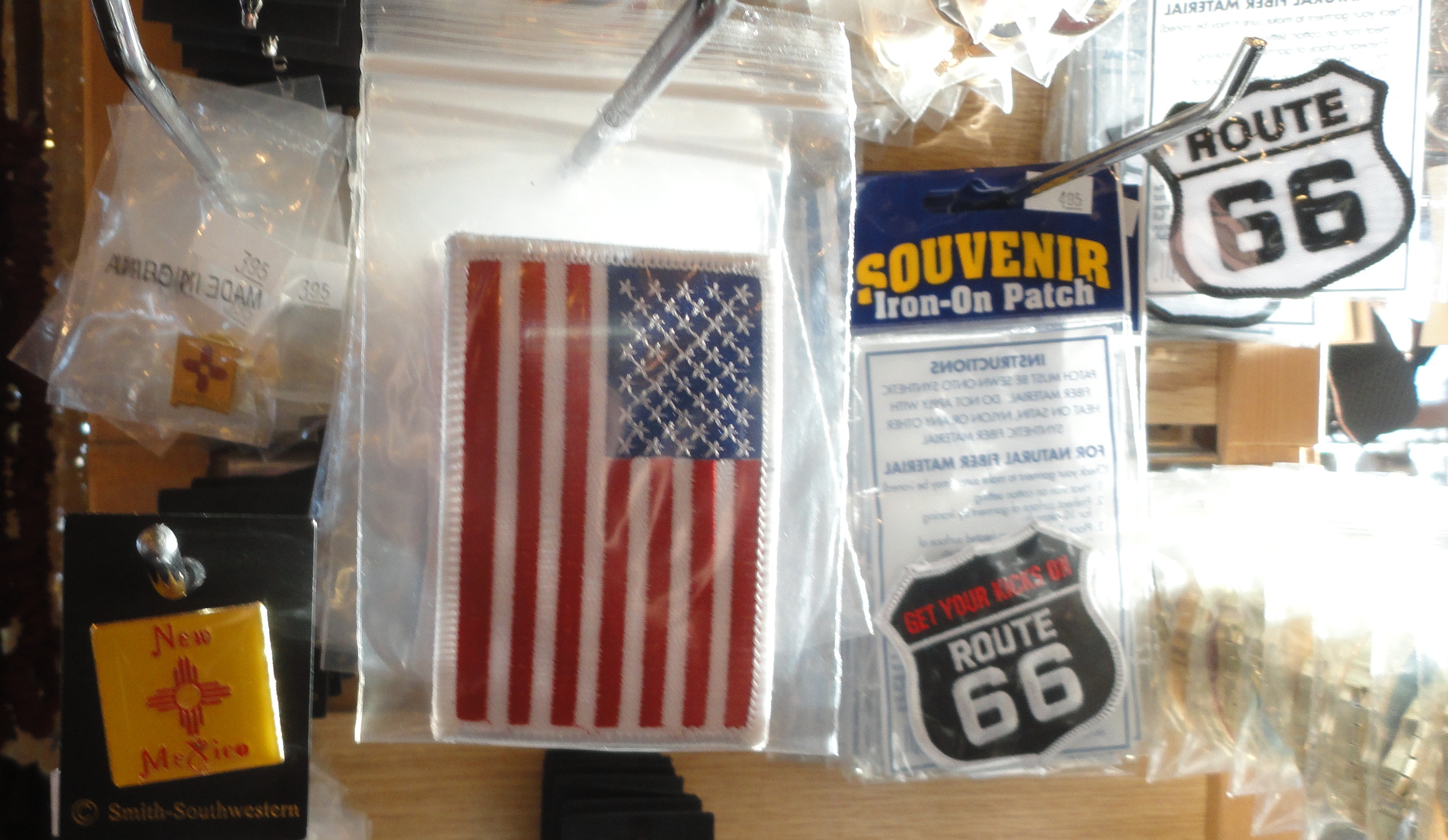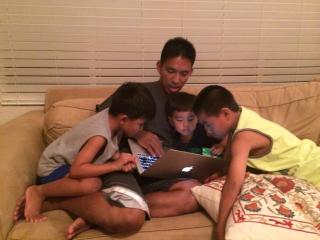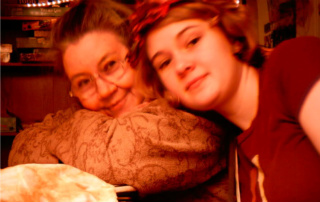
Smell your child's hair. They say dogs can smell fear, but moms can smell love, or something, when they smell the top of a young child's head. Something biochemical happens, and something intellectual can happen.
Smell your Child's Head



When you look as far to the east as you can see, what is the view? Turn around and look the other way, too.
Where you are is exotic to most of the rest of the world. Most other people will never see it. Knowing that your plainness is someone else's curiosity can make your life richer.
Sometimes, when you look, listen, taste, feel, smell, close your eyes and rest, remember that you are in one special place.

When you look as far to the east as you can see, what is the view? Turn around and look the other way, too.
Where you are is exotic to most of the rest of the world. Most other people will never see it. Knowing that your plainness is someone else's curiosity can make your life richer.
Sometimes, when you look, listen, taste, feel, smell, close your eyes and rest, remember that you are in one special place.

















